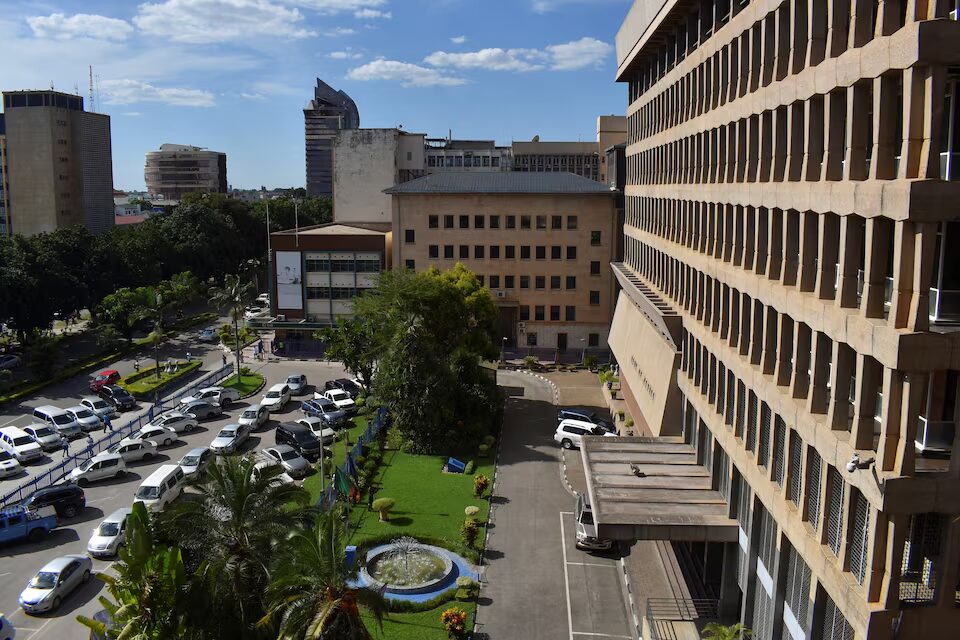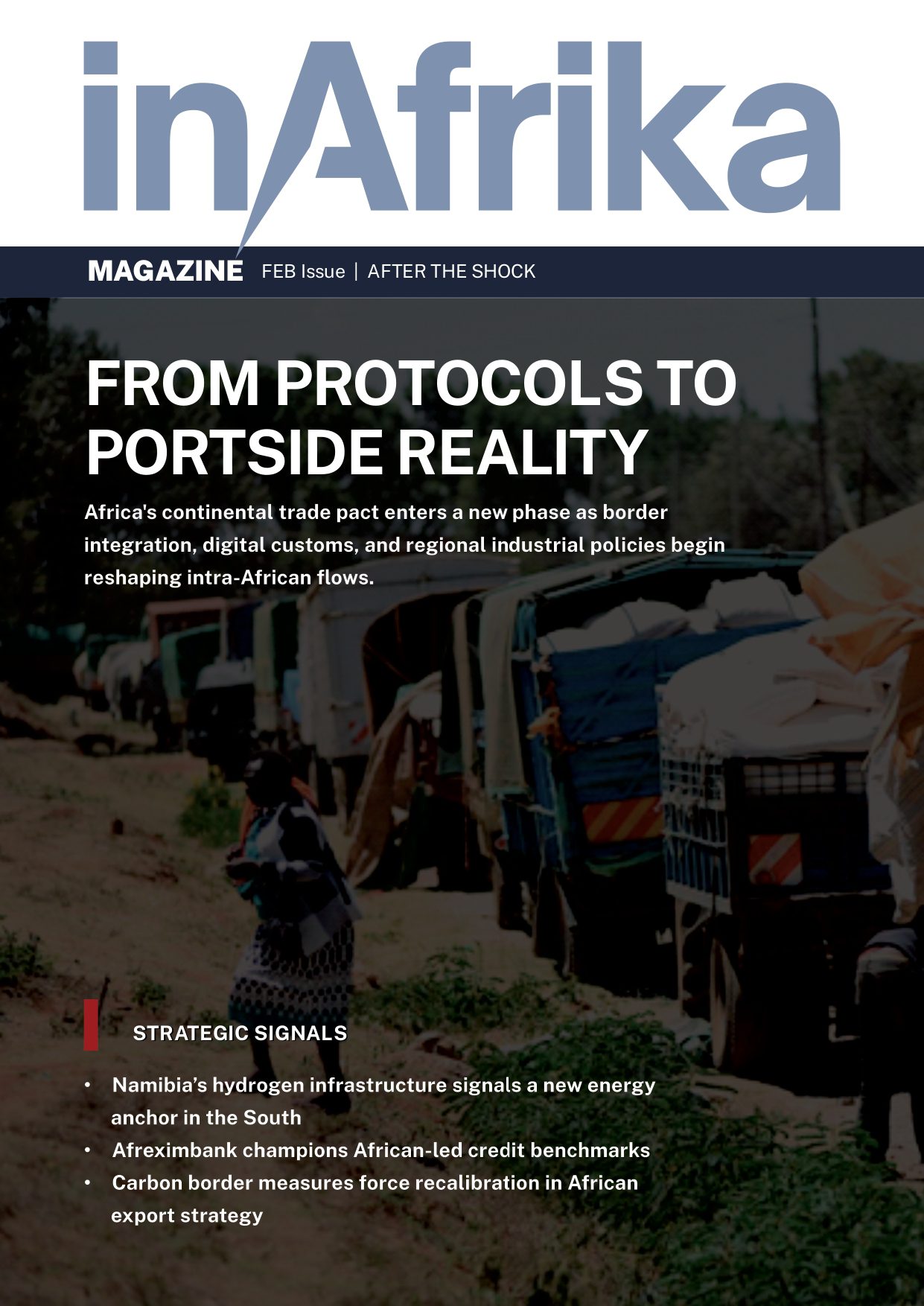
Wednesdsay 26th November 2025

by inAfrika Newsroom
The African Development Fund has approved a $14 million equivalent grant to strengthen Sahel climate resilience by supporting 60 climate-smart villages across 30 municipalities, the AfDB announced this week. The funding will help communities in Sahelian countries adapt to worsening droughts, floods and land degradation through improved water management, resilient agriculture and local infrastructure. Bank officials said the grant forms part of the Fund’s Climate Action Window, which targets vulnerable low-income states.
Under the project, Sahel climate resilience measures will include small-scale irrigation upgrades, soil restoration, drought-tolerant crops and community-run early-warning systems. Moreover, the programme will support women’s groups and youth cooperatives, giving them access to climate-smart technologies and training. The AfDB expects the initiative to reduce climate-related losses in agriculture and livestock, which remain the backbone of many Sahel economies.
The Fund is working with national governments and regional bodies to select priority municipalities based on vulnerability indicators and existing adaptation plans. In addition, the project will test approaches that can be replicated at larger scale through future financing rounds, including blended-finance instruments that crowd in private capital for rural resilience. Monitoring systems will track changes in yields, incomes and ecosystem health over the project’s lifetime.
The Sahel climate resilience grant will provide technical assistance to local authorities on integrating climate risk into planning and budgeting. It will also help design village-level governance structures so that women, pastoralists and other groups have a voice in how resources are used. Consequently, the project aims not only to build dams or plant trees, but to strengthen local institutions that can manage climate stress over the long term.
The Sahel sits at the front line of Africa’s climate crisis, with communities facing intensifying droughts, conflict and displacement. By focusing on climate smart villages, the AfDB is testing practical models that connect finance with farmers, herders and local leaders instead of stopping at national ministries. If the Sahel climate resilience project succeeds, it could shape future investments from multilateral banks and donors, showing that relatively small grants, used well, can stabilise livelihoods, slow environmental decline and reduce pressures that fuel migration and insecurity.


